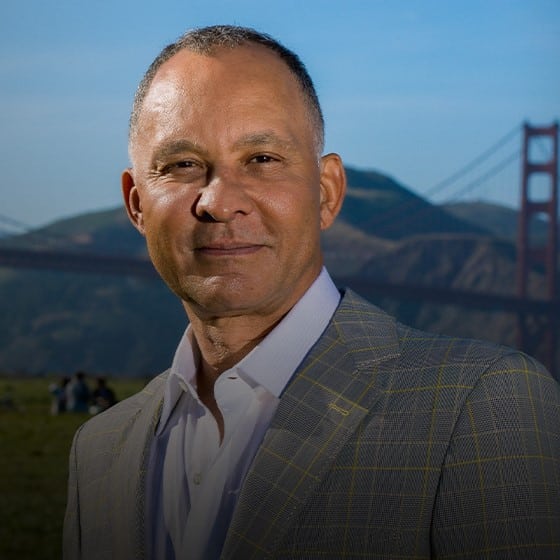Common and Rare Causes of Gynecomastia

Physiologic Gynecomastia
Gynecomastia is the proliferation of benign glandular breast tissue in men. Gynecomastia can be physiologic (normal body function), such as in newborns, adolescent young men and older men after the age 50. Gynecomastia can also be non-physiologic occurring at any age.
For physiologic gynecomastia, newborn babies may show breast development due to the conversion of androgenic hormones to estrogenic hormones by the placenta. However, for babies the breast usually returns to normal within a few weeks. For adolescent boys going through puberty, many will develop puffy nipples and/or fullness of their breast as they go through normal changes in hormone levels. However, for most young boys their gynecomastia breast will return to normal within a few weeks to a maximum of a couple of years. Male breast development is common in the aging man as testosterone levels begin to drop. Many older men choose to have male breast reduction surgery later in life.
Common Causes
Other more common causes for gynecomastia are medications, anabolic steroids, chemotherapy, dialysis, alcohol and marijuana abuse.
Uncommon Causes
Men need to be aware of uncommon causes that can attribute to the gynecomastia breast such as Graves’ disease and Klinefelter’s syndrome. Breast cancer in men is rare, accounting for only 1% of all breast cancers, however, for men with Klinefelter’s syndrome, the incidence of breast cancer is 50 times higher.
For men who are malnourished, testosterone levels drop but estrogen continues to be produced causing an imbalance of hormones. Once normal nutrition takes place, male breasts may develop, this is called “re-feeding gynecomastia.” This phenomenon was noted when many malnourished prisoners of war were released after World War II. Within 1 to 2 years, the condition corrected itself.
Lavender and Tea Tree Oil
Another possible rare cause of gynecomastia in prepubertal boys could be the repeated use of lavender and/or tea tree oil as these oils mimic the actions of estrogens and may inhibit the effects of androgens. National Institutes of Health (NIH) says more research needs to be done to support the link between these oils and gynecomastia.
It can be very challenging to determine the cause of gynecomastia. It is important for men with gynecomastia breasts to seek an evaluation from a Board Certified Plastic Surgeon that specializes in gynecomastia, who can determine if further evaluation from an endocrinologist may be recommended.
Get an Expert Opinion
Men with any gynecomastia concerns are encouraged to email or call (415) 898-4161 to set a consultation with Miguel Delgado, M.D., who has specialized in gynecomastia since 1989 and is considered an expert in the field.
